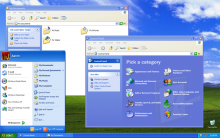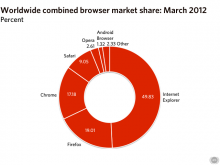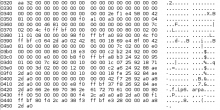What we think we know now about Windows 8 on Intel SoC tablets
“We just don’t know.”
That’s come to be a common refrain offered by many of us Microsoft watchers when asked about many (most?) things having to do with Windows 8. Despite the fact the operating system is available in Consumer Preview form, and soon to be available as a near-final Release Candidate (or possibly “Release Preview”), there are still lots of unanswered questions.










































































